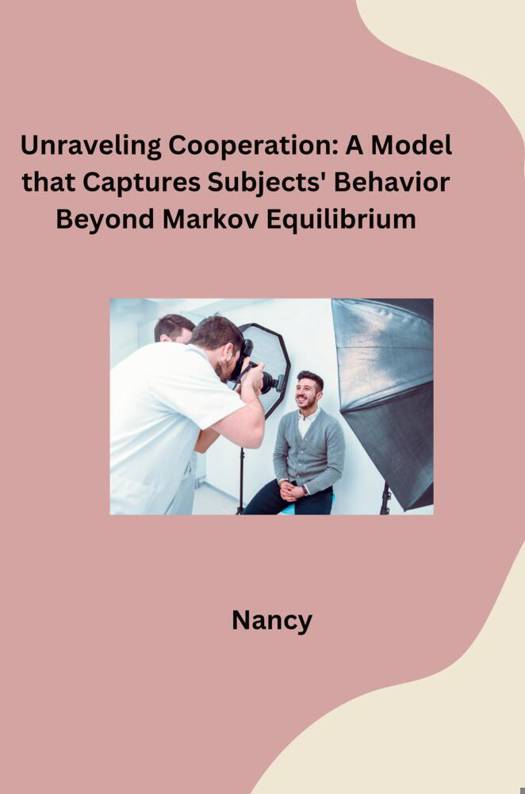
- Afhalen na 1 uur in een winkel met voorraad
- Gratis thuislevering in België vanaf € 30
- Ruim aanbod met 7 miljoen producten
- Afhalen na 1 uur in een winkel met voorraad
- Gratis thuislevering in België vanaf € 30
- Ruim aanbod met 7 miljoen producten
Zoeken
Unraveling Cooperation
A Model that Captures Subjects' Behavior Beyond Markov Equilibrium
Nancy
Paperback | Engels
€ 27,95
+ 55 punten
Omschrijving
Cooperation is a fundamental aspect of human society, enabling individuals to achieve goals that would be impossible alone. Game theory provides a framework for analyzing cooperative behavior, but traditional models often struggle to capture the full complexity of human decision-making. One such limitation is the reliance on Markov equilibrium. In this equilibrium, a player's strategy depends only on the current state of the game, not the history of previous interactions. However, empirical evidence suggests that subjects in cooperative games often consider past interactions and anticipate future encounters. They may become more or less cooperative depending on their partner's past behavior, or they may adjust their strategy based on the expectation of future interactions. This paper proposes a new model that incorporates these factors to provide a more nuanced understanding of cooperative behavior.
Specificaties
Betrokkenen
- Auteur(s):
- Uitgeverij:
Inhoud
- Aantal bladzijden:
- 112
- Taal:
- Engels
Eigenschappen
- Productcode (EAN):
- 9783384283412
- Verschijningsdatum:
- 8/07/2024
- Uitvoering:
- Paperback
- Formaat:
- Trade paperback (VS)
- Afmetingen:
- 152 mm x 229 mm
- Gewicht:
- 176 g

Alleen bij Standaard Boekhandel
+ 55 punten op je klantenkaart van Standaard Boekhandel
Beoordelingen
We publiceren alleen reviews die voldoen aan de voorwaarden voor reviews. Bekijk onze voorwaarden voor reviews.











